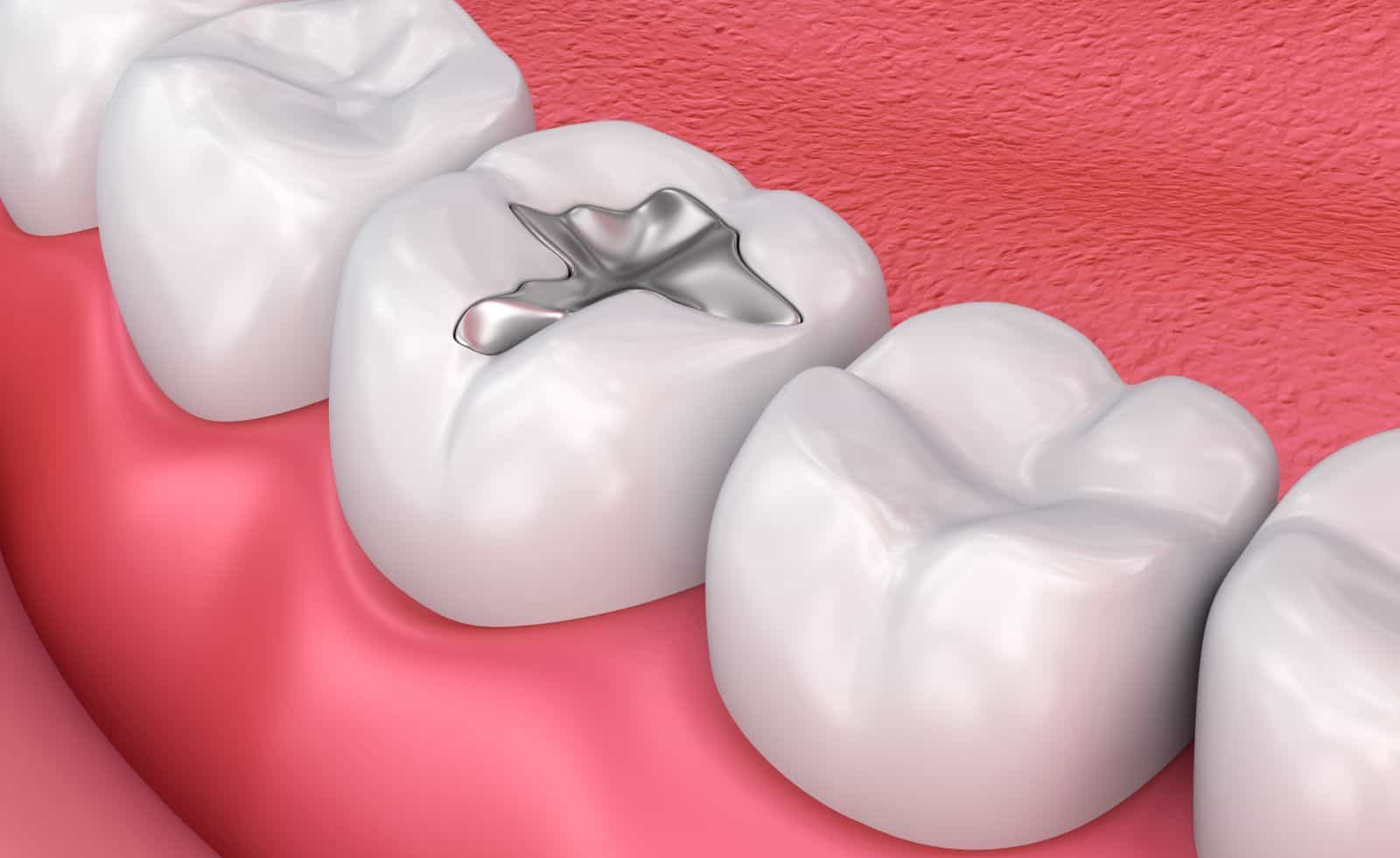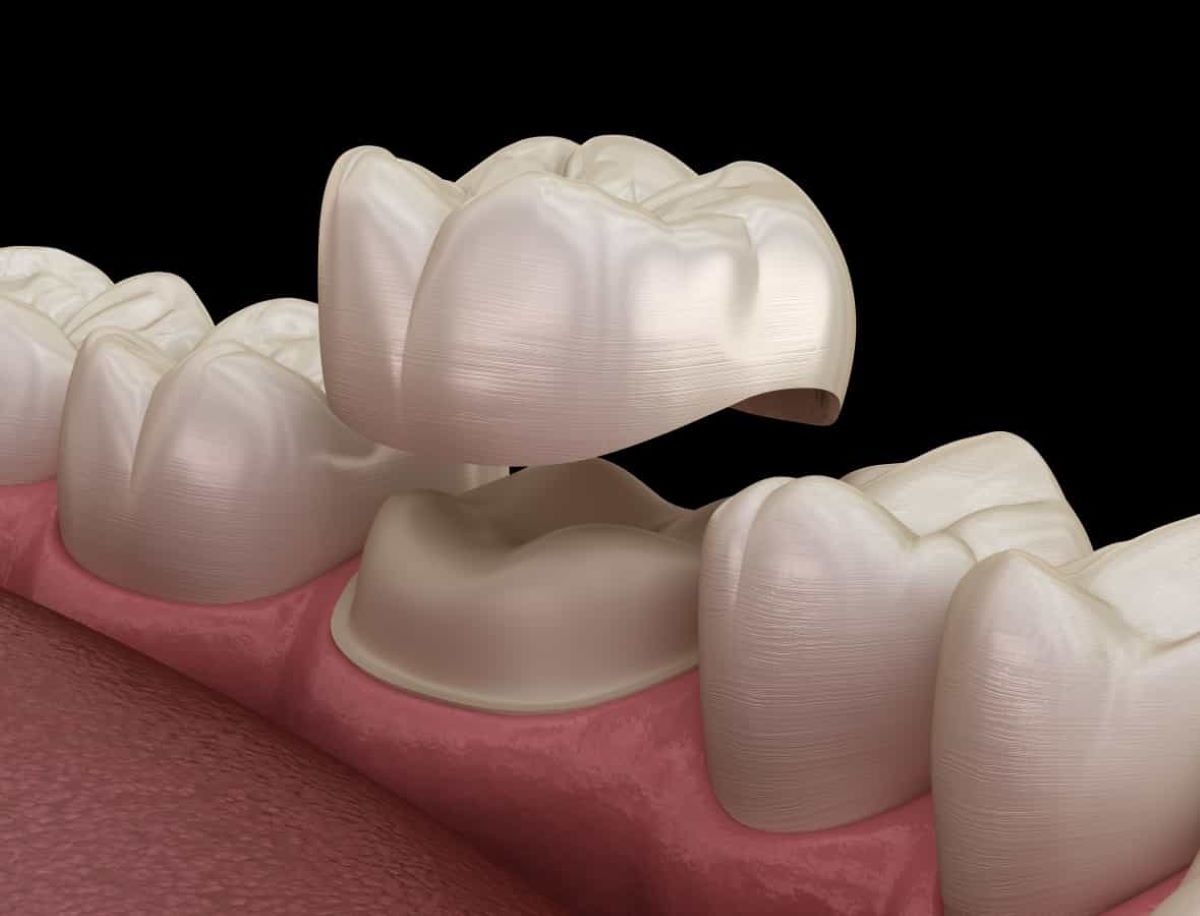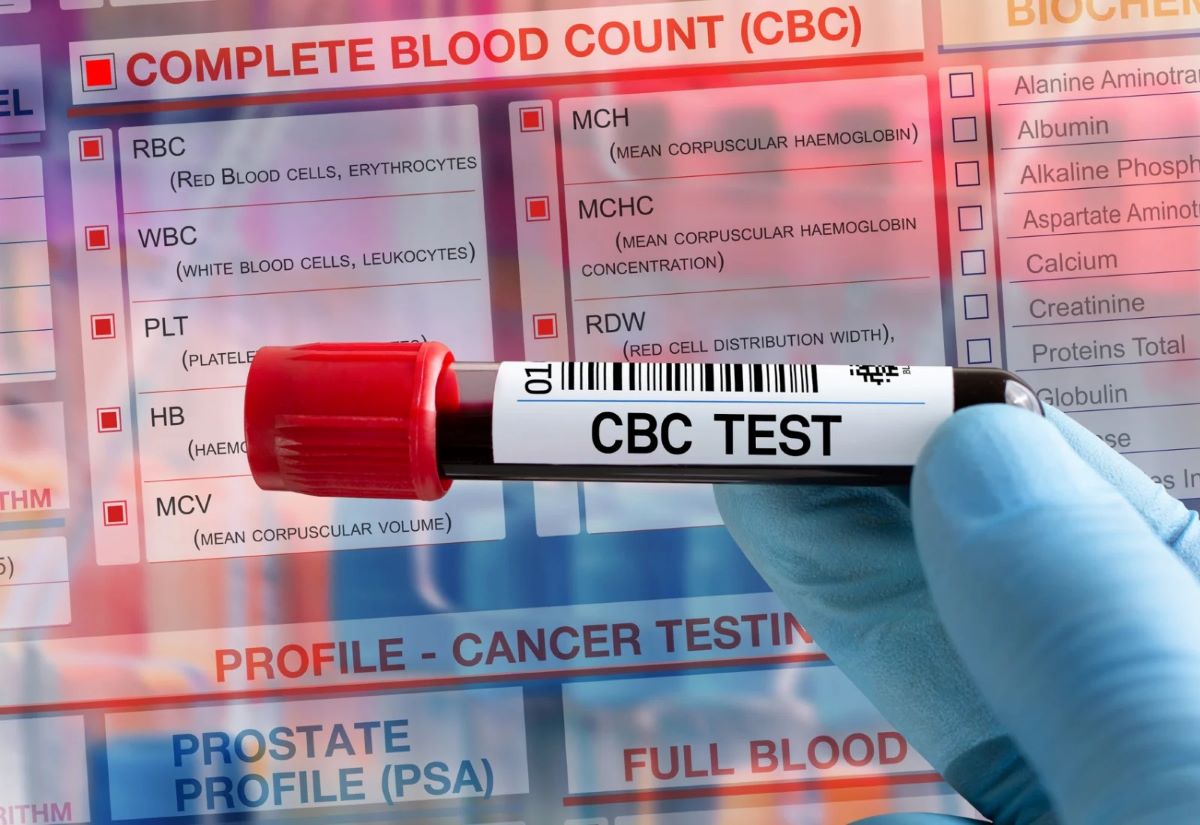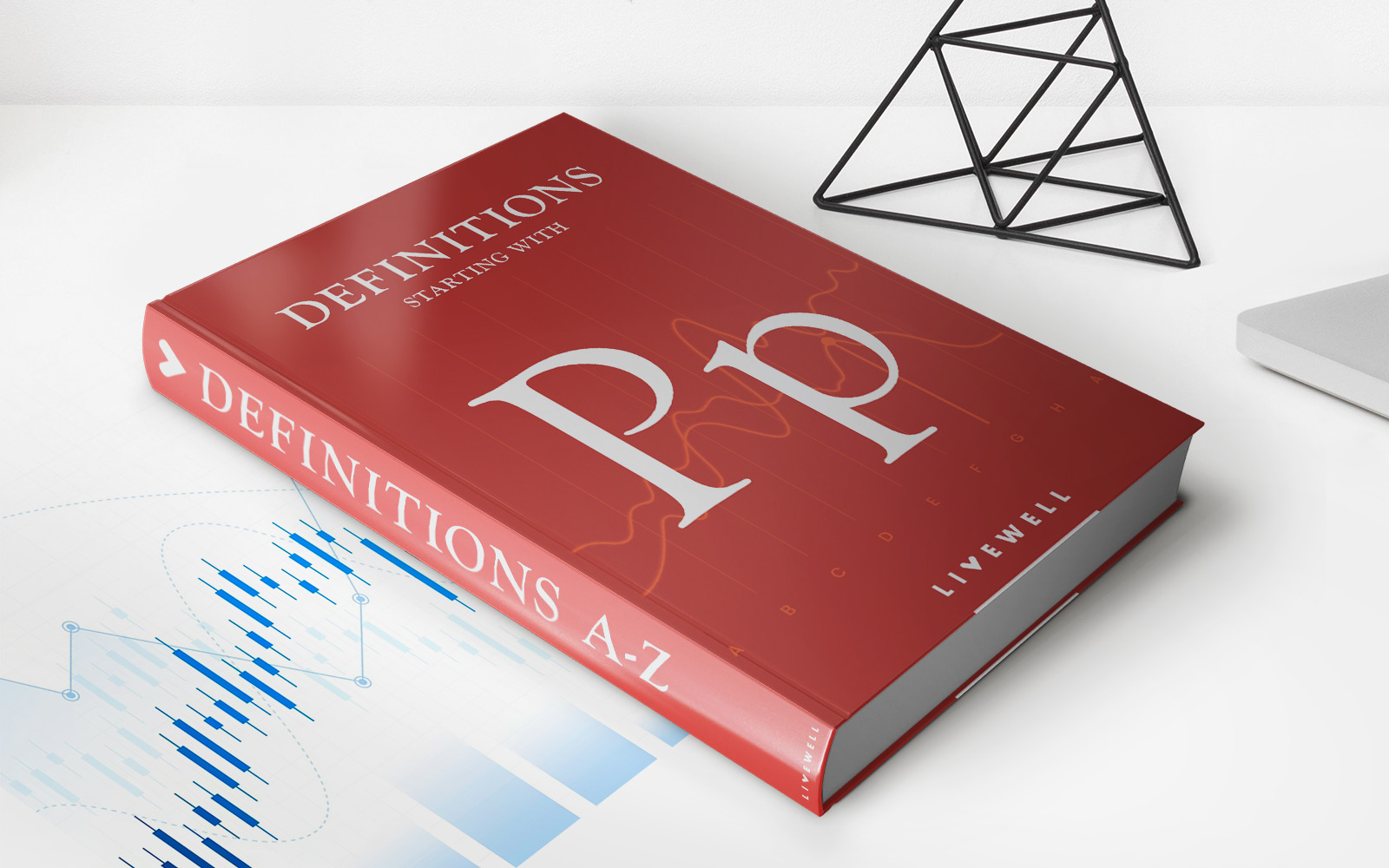Home>Finance>How Much Does It Cost To Replace A Windshield Without Insurance?
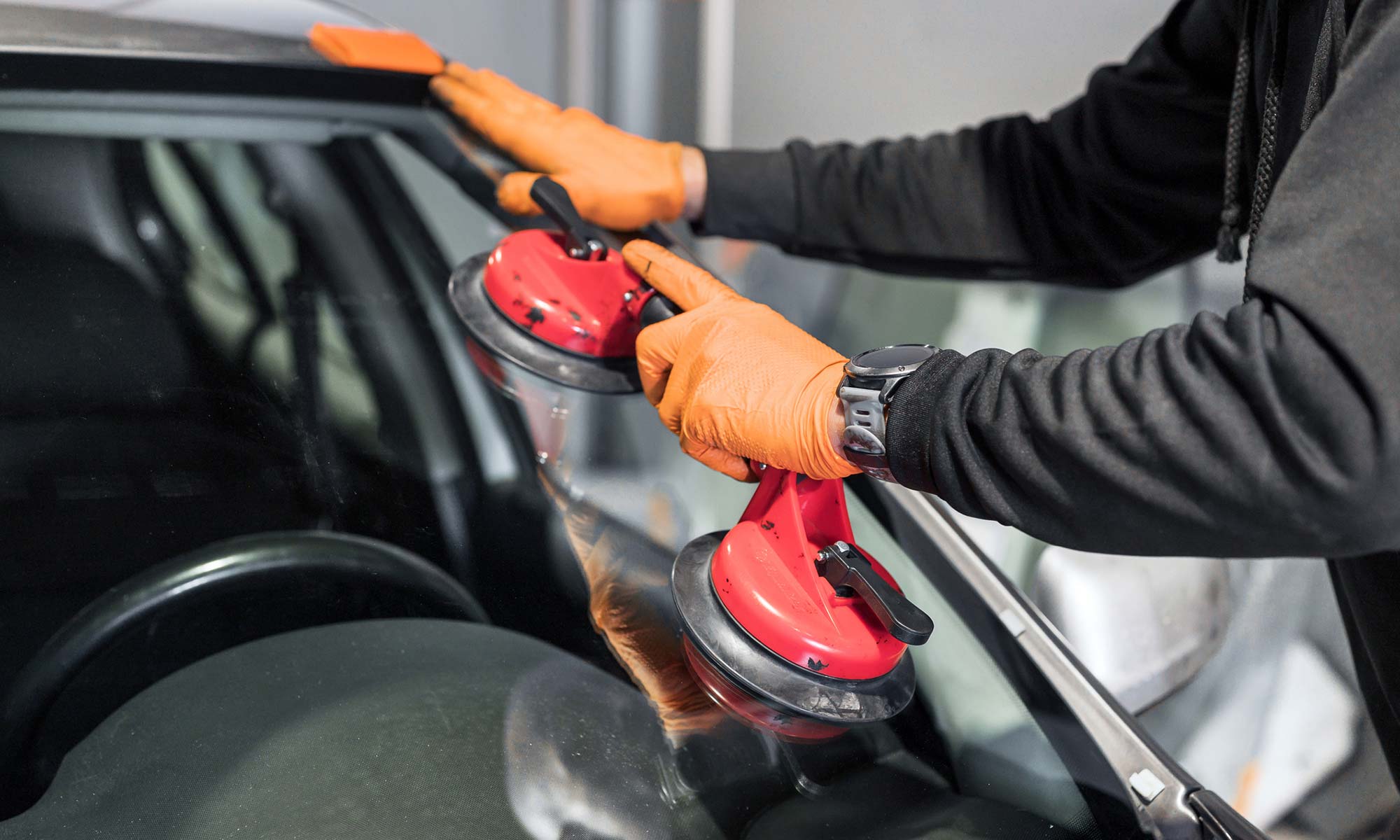

Finance
How Much Does It Cost To Replace A Windshield Without Insurance?
Published: November 24, 2023
Find out the cost of replacing a windshield without insurance and discover affordable financing options for this essential vehicle repair.
(Many of the links in this article redirect to a specific reviewed product. Your purchase of these products through affiliate links helps to generate commission for LiveWell, at no extra cost. Learn more)
Table of Contents
Introduction:
Replacing a windshield can be a necessary expense for many drivers. Whether your windshield has been damaged due to a rock chip or a crack, it’s important to address the issue promptly to ensure your safety on the road. However, one common concern that arises is the cost of windshield replacement, especially for those who don’t have insurance coverage for this specific repair.
In this article, we will delve into the factors that can affect the cost of windshield replacement, provide an overview of the average costs involved, discuss the pros and cons of DIY versus professional replacement, explore additional costs to consider, and present alternative options to windshield replacement.
Understanding the factors that influence the cost of windshield replacement is crucial in helping you make informed decisions regarding your budget and repair options. Factors such as the make and model of your vehicle, the type of windshield required, and the extent of the damage can all impact the final price. By considering these factors, you can better estimate the potential cost of replacing your windshield.
It’s worth noting that while costs can vary, it’s important not to overlook the importance of promptly replacing a damaged windshield. A cracked or chipped windshield compromises the structural integrity of your vehicle, and it can obstruct your vision while driving, posing a serious safety risk.
Before diving into the details, it’s important to understand that the cost estimates provided in this article are general averages and can vary depending on your location and the specific circumstances of your situation. It’s always recommended to obtain quotes from local auto repair shops or windshield replacement specialists to get an accurate cost assessment.
So, if you find yourself in need of windshield replacement without insurance coverage, continue reading to gain a comprehensive understanding of the cost factors and alternatives available to you.
Factors Affecting the Cost of Windshield Replacement:
Several factors come into play when determining the cost of windshield replacement. By understanding these factors, you can better assess how they impact the overall expenses involved in replacing your windshield.
1. Vehicle Make and Model: The make and model of your vehicle play a significant role in determining the cost of windshield replacement. Luxury or high-end vehicles tend to have specialized windshields that can be more expensive to replace compared to standard vehicles.
2. Type of Windshield: The type of windshield you need can affect the cost. There are several different types of windshields available, including laminated glass, tempered glass, and acoustic glass. Each type varies in price, with laminated glass typically being the most expensive due to its additional safety features.
3. Complexity of Installation: The complexity of the installation process can impact the cost of windshield replacement. If the windshield has additional features such as rain sensors, lane departure warning systems, or heads-up displays, it may require additional labor and expertise to install, resulting in a higher overall cost.
4. Degree of Damage: The extent of the damage to your windshield plays a significant role in determining the cost of replacement. A small chip or crack may only require a simple repair, which is generally more affordable compared to a larger crack that necessitates a full windshield replacement.
5. Additional Features: Some windshields come with additional features, such as tinting, which can affect the overall cost. Tinting can provide added UV protection and reduce glare, but it may come at an extra expense.
6. Location: The location where you have your windshield replaced can also impact the cost. Prices may vary depending on your city or region, as well as the availability of windshield replacement specialists in your area.
It’s essential to consider these factors when budgeting for windshield replacement. While it can be tempting to opt for the least expensive option, keep in mind that quality and safety should never be compromised. Investing in a high-quality windshield replacement ensures the longevity and integrity of your vehicle’s structure while prioritizing your safety on the road.
Average Cost of Windshield Replacement:
The cost of windshield replacement can vary depending on various factors, as discussed earlier. However, it’s helpful to have a general idea of the average costs involved to better understand what to expect when budgeting for this repair.
On average, the cost of windshield replacement ranges from $200 to $500. This price includes the cost of the windshield itself, labor, and any additional fees associated with the installation process. Keep in mind that this is a rough estimate, and the final cost can vary depending on the factors we mentioned earlier.
It’s important to note that luxury vehicles or vehicles with specialized windshields can incur higher costs. In some cases, the price can exceed $1,000 due to the complexity of the windshield and installation process. In contrast, standard vehicles with standard windshields may fall on the lower end of the price range.
Additionally, the type of windshield you choose can also impact the cost. For instance, opting for a windshield with advanced features like rain sensors or built-in heads-up displays can increase the overall price of replacement compared to a basic windshield.
Furthermore, it’s worth considering whether you opt for OEM (Original Equipment Manufacturer) or aftermarket glass. OEM glass is manufactured by the same company that made the original windshield for your vehicle, while aftermarket glass is produced by a third-party manufacturer. OEM glass tends to be more expensive due to its higher quality and precise fit, while aftermarket glass can be a more budget-friendly option.
While many factors can affect the cost of windshield replacement, it’s crucial to prioritize quality and safety when making your decision. Saving a few dollars on a cheaper windshield replacement option may result in compromised structural integrity and potential safety hazards on the road.
To get an accurate cost estimate for your windshield replacement, it’s recommended to reach out to local auto repair shops or windshield replacement specialists. They can provide you with a detailed quote based on your specific vehicle, location, and the extent of the damage.
Ultimately, investing in a high-quality windshield replacement is a worthwhile expense to ensure your safety and the long-term durability of your vehicle.
DIY vs Professional Windshield Replacement:
When it comes to replacing a windshield, you may be tempted to consider a do-it-yourself (DIY) approach to save money. While DIY windshield replacement kits are available, it’s important to weigh the pros and cons before deciding whether to tackle the task yourself or seek professional assistance.
DIY windshield replacement kits typically include adhesive, a suction cup, and instructions on how to replace the windshield. The advantage of a DIY approach is the potential cost savings, as you won’t have to pay for labor charges. However, there are several factors to consider before opting for this route.
First and foremost, replacing a windshield is a complex process that requires skilled knowledge and experience. Improper installation can lead to leaks, wind noise, and compromised structural integrity, which can be dangerous. Additionally, a DIY replacement may not meet the safety standards outlined by the manufacturer and could potentially void any remaining warranty on your vehicle.
Professional windshield replacement offers several advantages over the DIY approach. Experienced technicians have the necessary expertise and tools to ensure a proper installation. They can assess the damage accurately, recommend the best type of windshield for your vehicle, and provide a precise fit that meets safety standards.
Moreover, professional replacements often include a warranty or guarantee, giving you peace of mind in case any issues arise after the replacement. In the event of an incorrect installation or manufacturing defect, a professional service will typically rectify the problem without any further cost to you.
While professional windshield replacement may come at a higher cost, it’s important to consider the value of expertise and safety assurance. A professional installation ensures that your windshield adheres to industry regulations and maintains the structural integrity of your vehicle.
Ultimately, the decision between DIY and professional windshield replacement depends on your level of confidence, skill, and willingness to take on the risk associated with DIY repairs. If you have experience and feel confident in your abilities, a DIY kit may be a viable option. However, if you value safety and want to guarantee a proper installation, it’s recommended to consult a professional windshield replacement service.
Regardless of your choice, it’s essential to prioritize safety and quality when replacing your windshield to ensure the well-being of both yourself and your passengers on the road.
Additional Costs to Consider:
When budgeting for windshield replacement, it’s important to factor in additional costs that may arise during the process. Being aware of these potential expenses ensures that you’re prepared for the total cost of the replacement.
Here are some additional costs to consider:
1. Disposal Fee: Some auto repair shops may charge a disposal fee for the old windshield. This fee covers the responsible disposal of the damaged windshield and is typically a small additional cost.
2. Molding Replacement: In some cases, the moldings or trim around the windshield may need to be replaced during the replacement process. These moldings help seal the windshield and protect it from water and debris. If the moldings are damaged or worn out, replacing them can add to the overall cost.
3. Calibration: If your vehicle has advanced driver-assistance systems (ADAS) like lane departure warning systems or forward collision alert systems, the new windshield may need to be recalibrated. This calibration ensures that these systems function properly and accurately. However, recalibration may require additional specialized equipment and expertise, leading to an extra cost.
4. Extras and Upgrades: Depending on your preferences, you may opt for additional extras or upgrades during the replacement process. For example, you may choose to have your new windshield tinted or add a rain sensor feature. These customized options can add to the overall cost of the replacement.
5. Insurance Deductible: If you have insurance coverage for windshield replacement, it’s important to consider the deductible amount. The deductible is the amount you’re responsible for paying before your insurance coverage kicks in. Be sure to factor in your deductible when calculating the total cost of the replacement.
It’s important to discuss these potential additional costs with your chosen windshield replacement service provider upfront. They can provide a comprehensive breakdown of all the expenses involved, allowing you to make an informed decision regarding your budget.
Remember, while additional costs can add up, prioritize safety and quality when it comes to replacing your windshield. Investing in a proper and reliable replacement ensures the longevity and durability of your vehicle, providing peace of mind when you hit the road.
Alternatives to Windshield Replacement:
While windshield replacement is often necessary for severe damage or extensive cracks, there are some alternatives to consider depending on the type and extent of the damage. These alternatives may offer a more cost-effective solution or temporary fix before a full replacement is needed.
1. Windshield Repair: If the damage to your windshield is relatively small, such as a rock chip or small crack, windshield repair may be a viable option. During the repair process, a resin is injected into the damaged area, filling the crack or chip and preventing further spreading. Windshield repair is typically less expensive than full replacement and can be completed in a shorter amount of time.
2. Crack Sealing: If the crack in your windshield is small and hasn’t spread extensively, crack sealing may be an option. Specialized techniques and materials are used to seal the crack and prevent further spreading. However, it’s important to note that crack sealing is a temporary solution and may not be suitable for larger or more severe cracks.
3. DIY Repair Kits: DIY repair kits are available for smaller damages and can be a cost-effective option if you feel comfortable performing the repair yourself. These kits typically include a resin and a specialized applicator to fill the chip or crack. However, it’s important to note that DIY repair kits are best suited for small damages and may not provide long-lasting results for larger or more severe cracks.
4. Insurance Coverage: If you have comprehensive auto insurance, it’s worth checking if windshield repair is covered under your policy. In some cases, insurance companies may cover the cost of repairs or offer a reduced deductible for windshield replacement. Review your insurance policy or contact your insurance provider to explore the coverage options available to you.
It’s important to keep in mind that these alternatives may not be suitable for all types of damage or extensive cracks. They are temporary solutions that may delay the need for a full windshield replacement but may not provide a long-lasting fix. Safety and the structural integrity of your vehicle should always be a priority, so it’s recommended to consult with a professional windshield specialist to determine the best course of action based on the specific circumstances of your windshield damage.
Ultimately, the decision between alternatives and windshield replacement will depend on factors such as the severity of the damage, your budget, and the advice of a professional. Consulting with a qualified technician will help you make an informed decision and ensure the safety and functionality of your vehicle.
Conclusion:
When faced with the need for windshield replacement, understanding the various factors that can affect the cost and considering alternative options can help you make informed decisions. While the cost of windshield replacement can vary depending on factors such as the vehicle make and model, the type of windshield, and the complexity of the installation, having a general understanding of the average costs involved can give you a starting point for budgeting.
While DIY windshield replacement may seem like a cost-effective solution, it’s important to consider the complexities and potential risks involved. Professional windshield replacement offers the expertise, tools, and safety assurance necessary to ensure a proper installation, even though it may come at a higher cost.
Additionally, it’s crucial to consider any additional costs that may arise during the replacement process, such as disposal fees, molding replacement, or calibration for advanced driver-assistance systems. Factoring in these costs allows for a more accurate budget estimation.
Furthermore, alternative options such as windshield repair or crack sealing may be suitable for smaller damages, offering temporary fixes or cost-effective solutions before a full replacement is needed. However, it’s important to remember that these alternatives may not be suitable for all types of damage or extensive cracks, and the safety and structural integrity of your vehicle should always be prioritized.
In conclusion, when it comes to windshield replacement, it’s important to prioritize safety, quality, and long-term durability. Investing in a professional replacement ensures the proper installation and adherence to safety standards, giving you peace of mind on the road. Consider consulting with a qualified windshield replacement specialist to assess the damage, discuss options, and obtain accurate cost estimates tailored to your specific situation.
By understanding the factors affecting the cost of windshield replacement, exploring DIY versus professional options, considering additional expenses, and being aware of alternative solutions, you can confidently navigate the process of windshield replacement and make the best decision for your vehicle and your budget.



